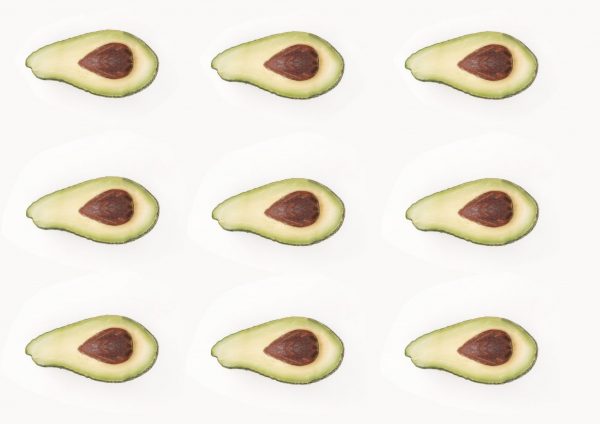

Produce Ripening: Speeding Up Farm to Table With Ethylene
It takes more than a truck ride from the farm to the grocery store to get fruits and vegetables ripened and ready for wholesale. Fresh produce goes through both a natural, and a manufactured process of ripening in order to be ready to sell and ready to eat. The agriculture industry has hacked the natural ripening process in order to speed up farm to table delivery after harvest and increase profitability.
Natural Ripening Gas
Fresh produce has a natural ripening process. When putting apples or bananas next to each other in a bowl, or storing stubborn avocados in a brown paper bag, the fruits are increasing their Ethylene output. These simple tricks speed up the ripening process as Ethylene is increased by keeping fruit next to each other or contained in a confined space like a brown paper bag. This is often why there are separate refrigerator drawers for fruits and vegetables. Refrigeration is a way to slow down the process. Ethylene output also increases with heat, which is why fruits can rot so quickly.
Ethylene is a gas that acts as a plant hormone to regulate and speed up growth. Some fruits and vegetables like apples and peas emit greater amounts of the gas while cherries and blueberries emit very little. This is why some produce goes bad a lot quicker than others.
Hastening the Ripening Process
While it is most commonly produced in ripening fruit, Ethylene is also a byproduct of exhaust from engines, smoke, rotting vegetation and natural gas leaks; all of which can be harnessed and used for agricultural purposes. The agriculture industry has found a way to use this gas in high concentrations to quicken the natural ripening process of produce. By hastening the process in controlled ripening rooms, producers are able to get their products in the hands of consumers in a timely and economical way.
Common produce that relies on hastened ripening before wholesale includes:
– Bananas
– Avocados
– Tomatoes
– Pears
– Mangoes
– Citrus fruits (de-greening)

Ripening Rooms
Produce is often harvested long before it is ready to be eaten. Before heading to the grocery store, pallets of produce are taken to be ripened in humidity, temperature, and gas treated rooms. These rooms are about the size of storage units. When it arrives at the warehouse, it is stacked, just as it arrives, and carefully treated for ripening and de-greening. Depending on the type of produce and their current condition, different temperatures, levels of humidity and amounts of gases will be used. Humidity is usually cranked up to 85-95%, and temperatures are set around 70 degrees Fahrenheit.
Small amounts of Carbon Dioxide and larger amounts of Ethylene are then pumped into the room for several hours. It is important that these rooms are well ventilated with vents and fans for safe air circulation, both for the quality of produce and the safety of employees when the reenter. Fruits like avocados and pears require refrigeration after ripening.
Both lecture bottles and high-pressure cylinders of Ethylene and Carbon Dioxide are used for this process. It should be noted that bottles and cylinders should not be in the ripening room themselves but funneled in from the outside. As a classic safety rule, minimal gas should be released.
The magic of harnessing and hastening this natural process is its potential for the future. There is a very real possibility that using Ethylene could be a way to bring your favorite fruits and vegetables to you even when they are out of season. The agriculture industry is still experimenting with ways to manipulate growth and ripening to make this happen.
Ethylene Distribution
Rocky Mountain Air Solutions, located in Colorado, Utah, Idaho, Wyoming, and Nebraska, supplies Ethylene to the Rocky Mountain region. In the west, agriculture is a huge industry, and we do our part to help the industry flourish as it grows, harvests, and prepares produce to travel from farm to table.
As with any process, we believe it is important to take any and all safety precautions when handling gases like Carbon Dioxide and Ethylene in high quantities. This is why we have various resources on how to handle and store gas cylinders safely.
If you have any questions about Ethylene gas or are interested in partnering with us for your agricultural applications, please contact your local branch today. We look forward to serving you!



